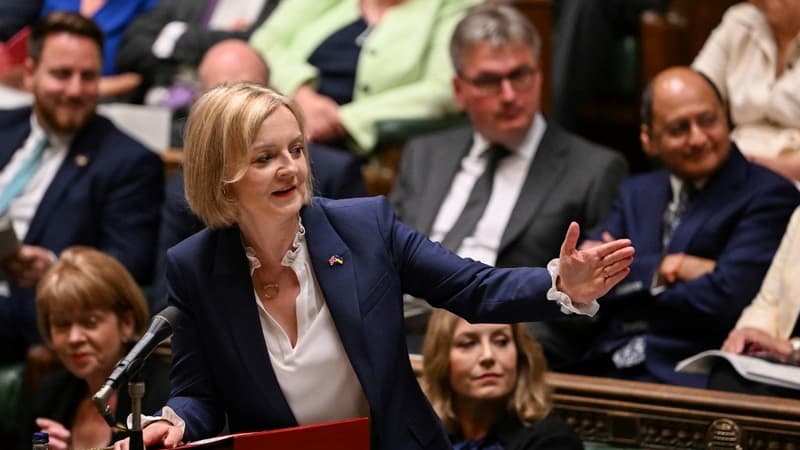The British government’s new support plan for rising energy should provide more financial assistance to wealthier households compared to poorer ones, the Resolution Foundation think tank estimated in a study on Tuesday.
Conservative Liz Truss’s first step as prime minister ‘was to put in place a huge aid plan to reduce the scale of the catastrophe’ of the cost of living crisis, freezing the rate for a maximum of two years per average household at 2,500 pounds (2,800 euros), recalls the think tank specializing in the fight against poverty.
Knowing that the wealthiest households are the ones that consume the most energy, they are the ones that will benefit the most from this ceiling, estimates the Resolution Foundation, while they suffer much less from skyrocketing bills.
Suppression of the increase in social security contributions
Added to this are other “universal or almost universal” aids such as the 400 pounds granted to each household, or the 150 pound rebate on local taxes decided by the previous government, also a conservative, and which are not mainly aimed at families in distress. .
Liz Truss’s decision to eliminate an increase in social security contributions decided by the previous government will also favor the most advantaged households, since the most modest do not pay this tax, emphasizes the Resolution Foundation.
The UK is heavily dependent on gas prices, which have increased sevenfold in a year, in particular due to supply strains since the start of the war in Ukraine.
The “think tank” is also concerned about the debt financing of the relief package announced by Liz Truss, because this means that it will ultimately be repaid by taxpayers, and therefore only postpones the economic impact of the energy crisis in the country.
The global amount of these government interventions in the face of galloping inflation of over 10% in the UK and the energy crisis has not yet been quantified, which the Resolution Foundation considers “disappointing”. According to his calculations, the addition will be very strong and could “eclipse the 137,000 million pounds of the bank rescue plan during the financial crisis” of 2008-2009.
Source: BFM TV


